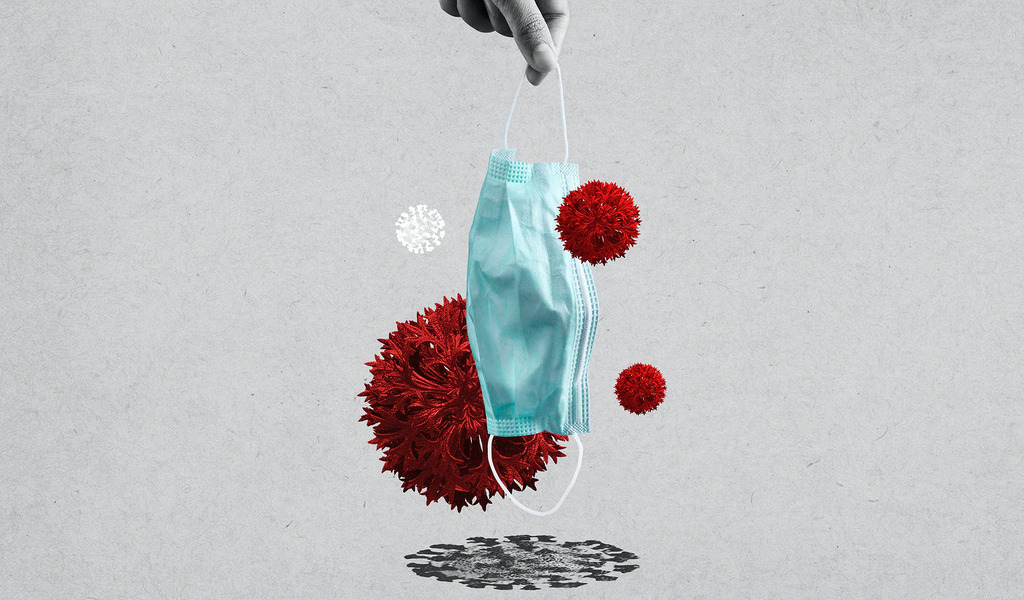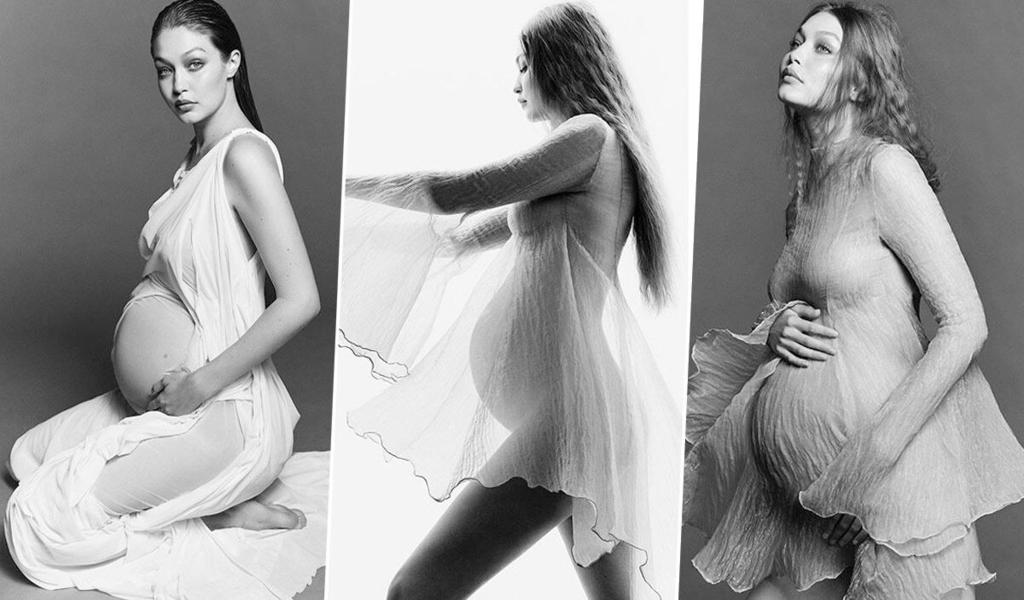Face masks and sanitizers were the first things that went out of stock once coronavirus news broke in globally. Face masks are basic necessities to help control the spread of COVID-19 around the world. Mostly, the Center for Disease Control and Prevention (CDC) has indicated that masses only need surgical masks for protection. Therefore, it also makes clear that respirators are only required for essential health workers as they are more susceptible. However, there are environmental costs of single-use masks as well. Mostly, people seem to be confused as to which mask is best suited for them. Hence, Wedding Affair breaks down all the information about these face masks. You must only choose what is best suited for you. Also, long hours of wearing a mask can have serious implications oh your health. Therefore, one must check on the number of hours one is putting the mask on for.
Why Face Maks?
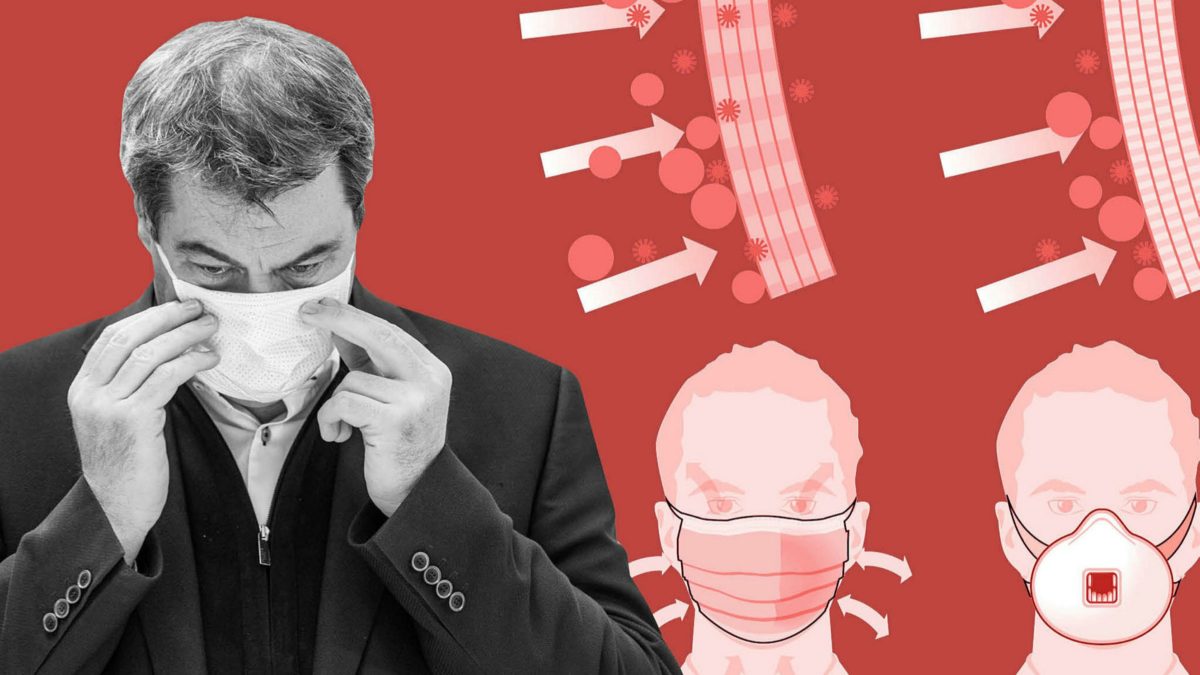
It is not always possible to maintain social distance once you head out for grocery shopping or any other urgency. Hence, you need a face mask to protect yourself from COVID-19. When someone with COVID-19 coughs, sneezes, or talks, they send tiny droplets with the coronavirus into the air. And since the virus transmits through the air, a face mask becomes absolutely necessary. It can block the release of virus-filled droplets into the air when you cough or sneeze. This helps slow the spread of COVID-19.
Types of Face Masks
Now CDC has issued several guidelines that indicate the best face mask for you. There are three kinds of mask options available for you currently. You can choose from respirators, surgical masks and cloth masks (usually homemade). The level of protection provided also differs with each kind. Surgical grade N95 respirators offer the highest level of protection against COVID-19 infection. This is followed by surgical grade masks.
Respirators
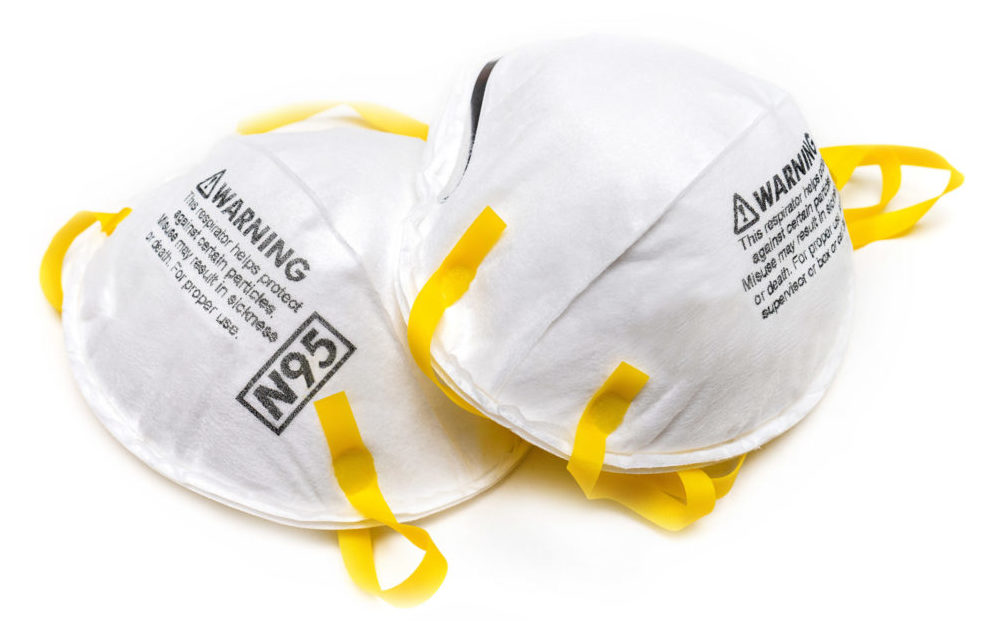
Tangled fibres that are highly effective at filtering pathogens in the air make the fit and seal-tested respirators. These respirators must meet the rigorous filtration standards set by the National Institute for Occupational Safety and Health (NIOSH). According to NIOSH, “respirators are rated ‘N,’ if they are Not resistant to oil, ‘R’ if somewhat Resistant to oil, and ‘P’ if strongly resistant (oil Proof).”
The diameter of the coronavirus is estimated to be 125 nanometers (nm). Keeping this in mind, it’s helpful to know that:
- Certified N95 respirators can filter 95 per cent of particles that are 100 to 300 nm in size.
- N99 respirators have the ability to filter 99 per cent of these particles.
- N100 respirators can filter 99.7 per cent of these particles.
Some of these respirators have valves that allow exhaled air to get out, making it easier for the user to breathe. (Source: Healthline)
Surgical Masks
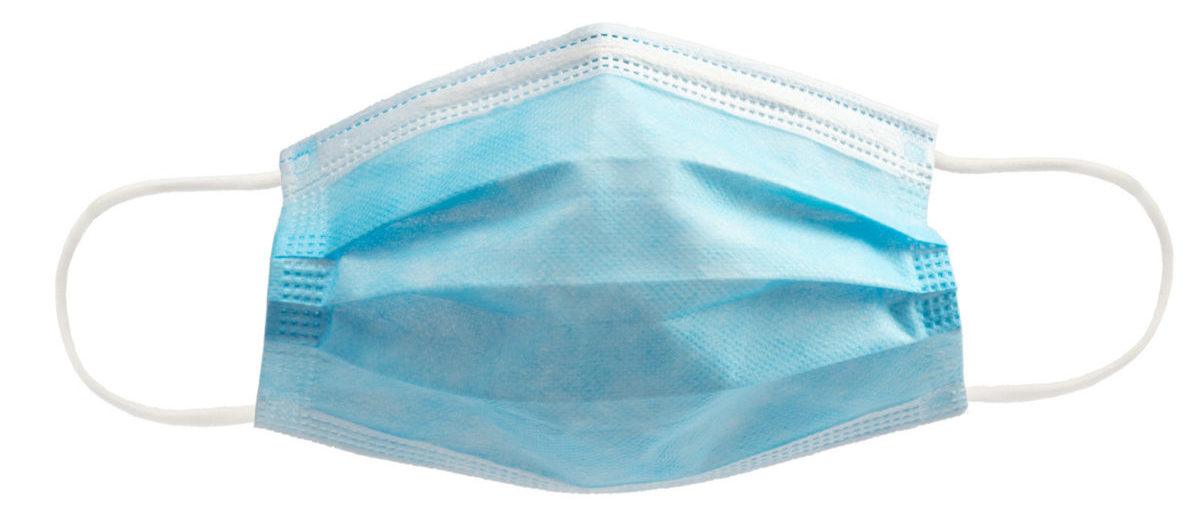
These are often blue with white borders. They are a little more easy-fitting across your nose and mouth. The primary purpose of these masks is to shield against the larger droplets. Hence, these lend protection from droplets of a sick person’s cough or sneeze. On the downside, these are a little loose to protect against all germs. And they can’t block the tiniest particles that may carry coronavirus.
Cloth Masks
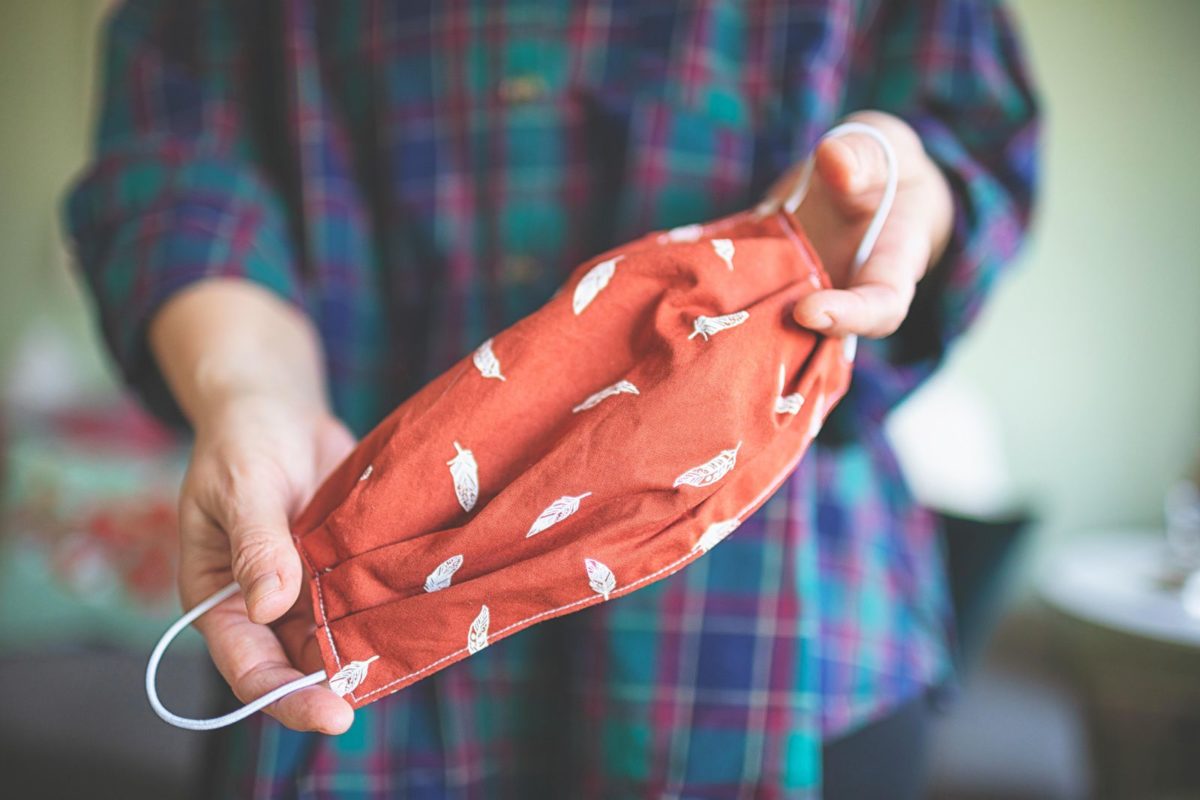
Although people must opt for a surgical mask, cloth face mask can also be used but its use is only limited. A tighter fitting around the face is probably better, but the CDC suggests any covering, including a bandana, is better than none. Take a look at the picture below to understand how to make your own mask at home.
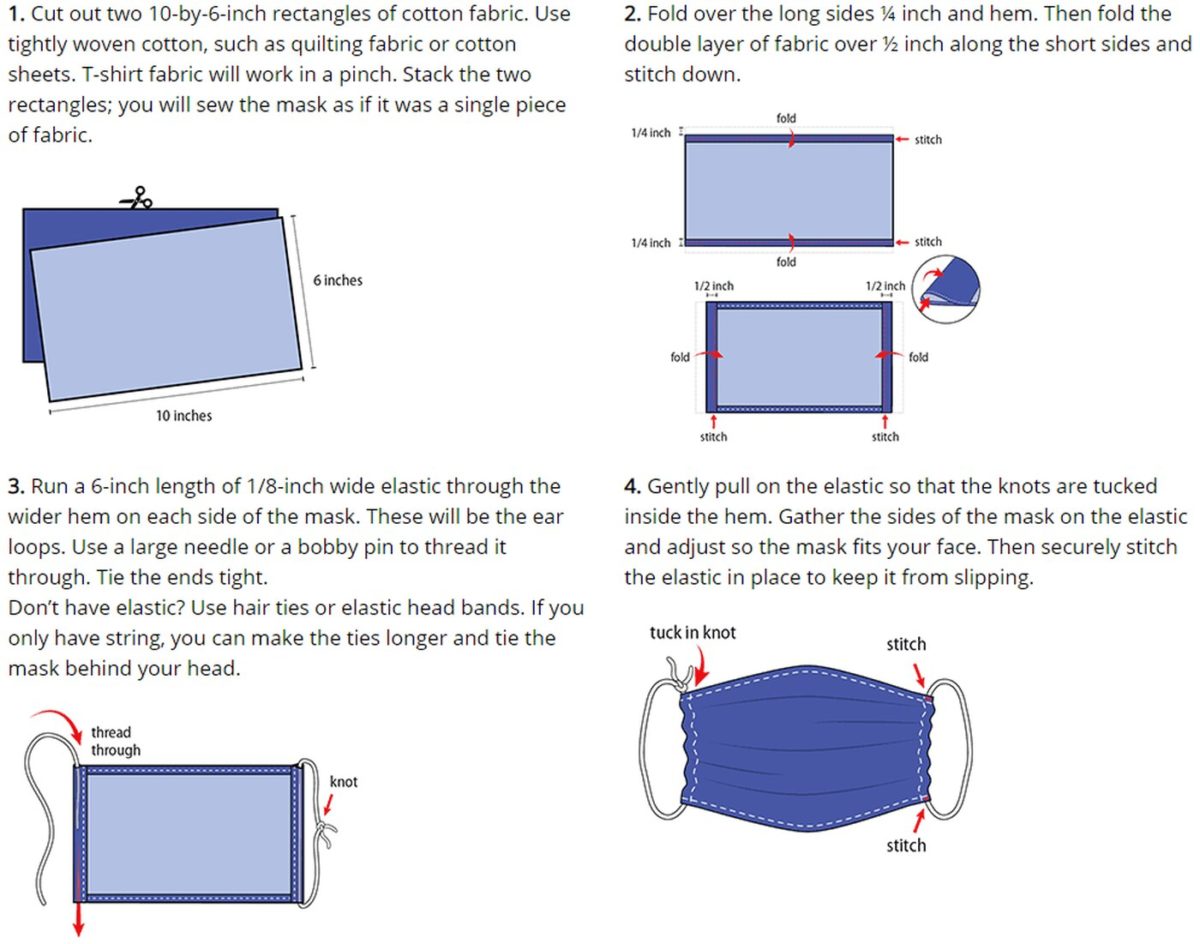
Proper Usage Instructions
WHO specifies various directions for using these masks. First, before putting on a face mask, clean hands with alcohol-based hand rub or soap and water. Second, you must avoid touching your mask in any case. Third, replace the mask with a new one as soon as it is damp and do not re-use single-use masks. Last, to remove the mask: remove it from behind (do not touch the front of the mask); discard immediately in a closed bin; clean hands with alcohol-based hand rub or soap and water.
Avoid Using Masks For Long Hours
Long hours of wearing a face mask can cause ‘Hypercapnia’. It is a condition caused by rebreathing your own exhaled carbon dioxide by wearing a mask continually. Increased heart rates, dimmed sight, drowsiness, headache, confusion and shortness of breath are its symptoms. Hence, long hours of mask-wearing can prove lethal for you. Recently, two joggers and two boys in gym class died in China, of using a mask while doing physical work.
Further Advice
- Always try to pull the mask off when you’re alone. Therefore, when you’re sitting in a car or a room with AC, avoid using masks as it is a closed space.
- You must never use it at home.
- You must only use it when you’re in a crowded place and susceptible to coming in close contact with them. Reduce mask usage when you are isolating.
For any query regarding MASKS, write to us: info@weddingaffair.co.in





